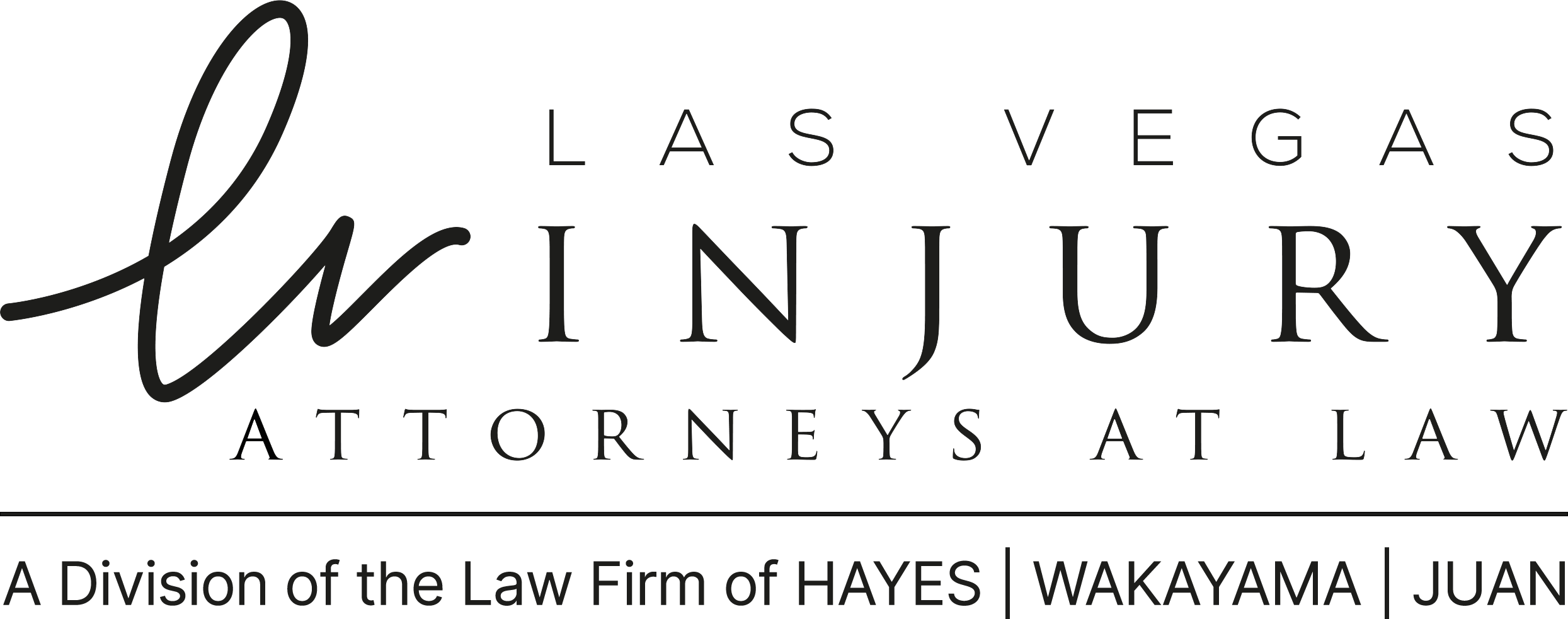
What is a Premises Liability Case?
Premises liability” is a legal concept that typically concerns personal injury cases where the injury was caused by some type of unsafe or defective condition on somebody else’s property. Liability for a landowner can arise for intentional, negligent, grossly negligent or even strict liability courses of conduct. The most common premises liability case is a “slip/trip and fall” where the fall is alleged to have been caused by a dangerous condition that was negligently permitted by the landowner. Historically, “[t]raditional landowner liability depended upon the status of the injured person as a trespasser, licensee, or invitee.” In other words, a landowner’s duty of care to an individual used to hinge on the status of the individual’s presence on the property. The status or classification of people entering another’s land was historically based on the benefit that the person provided to the landowner. Thus, generally speaking, landowners would owe the highest duty of care to people that provided the most benefit to them. The classifications were historically divided into three categories: invitees, licensees, and trespassers.
“Invitees” were persons defined to be on the land with the landowner’s permission and for the landowner’s benefit, often a mutual benefit or a business situation such as a tenant at a hotel. “A proprietor owes his invited guests a duty to keep the premises in a reasonably safe condition for use—the duty of ordinary care.” Invitees were historically owed the highest standard of care of any classification of persons. Landowners were required to make the land reasonably safe and to warn invitees about potential dangers. Some common examples of invitees are as follows:
- shoppers at a store;
- patrons at a place of business;
- individuals hired to do work on an owner’s premises, e.g., housepainters, plumbers, babysitter;
- delivery persons;
- mailpersons;
- people entering property that is open to the public; and
- hunters and fisherman who paid to use the land.
“Licensees,” conversely, were defined as people on the landowner’s property with the owner’s permission who did not provide a benefit to the landowner. Historically, landowners would owe a higher duty of care to licensees than to trespassers and were required to notify licensees of hidden dangers. “Licensees” were defined as social guests and often categorized with a slightly higher standard of care than that owed to trespassers due to the social benefit received by the landowner. Some common examples of licensees are as follows:
- friends and family;
- neighbors dropping by;
- unsolicited door-to-door salesman; and even
- unsolicited religious missionaries.
“Trespassers” are persons who enter another’s property without the owner’s consent. The Restatement of Torts (Second) defines a trespasser as “a person who enters or remains upon land in the possession of another without a privilege to do.”Property owners owed very little duty of care to trespassers (usually reserved only if the possessor of land was guilty of wanton or willful negligence or misconduct).
Many jurisdictions, including Nevada, have shifted from assigning a landowner’s duty of care based on a classification system to use a system based on a general duty of reasonable care for foreseeable risks. “We, therefore . . . abandon former principles of landowner liability based upon the status of the person injured on the premises, such as whether that person is a trespasser, licensee, or invitee.” The Nevada Supreme Court concluded:
[w]e conclude that all persons in this society have an obligation to act reasonably and that an owner or occupier of land should be held to the general duty of reasonable care when another is injured on that land. While a reasonable person would take greater precautions to protect from harm’s way one invited onto his or her premises than he or she would protect a trespasser, the status of the injured party may not be the dispositive factor. Rather, determinations of liability should primarily depend upon whether the owner or occupier of land acted reasonably under the circumstances.
Landowners owe a duty of reasonable care under all circumstances. To determine liability, courts use factors such as foreseeability of the visitor’s presence, the risk of injury, benefits of the condition, and the burdens to safeguard the condition. If you or a loved one has been injured on somebody else’s property, please contact an experienced Nevada Premises Liability Attorney to discuss your case for a FREE and CONFIDENTIAL consultation. You only get one chance at recovering for your losses. Here at The Hayes Law Firm, we promise that you will meet with a seasoned Las Vegas Premises Liability Attorney. We accept premises liability cases from all over the state of Nevada.
